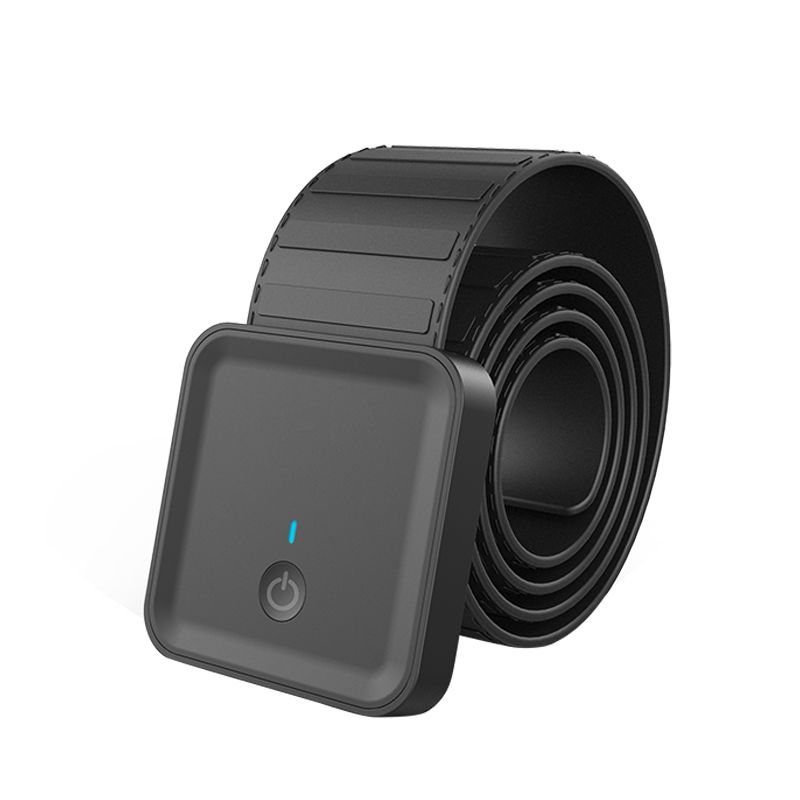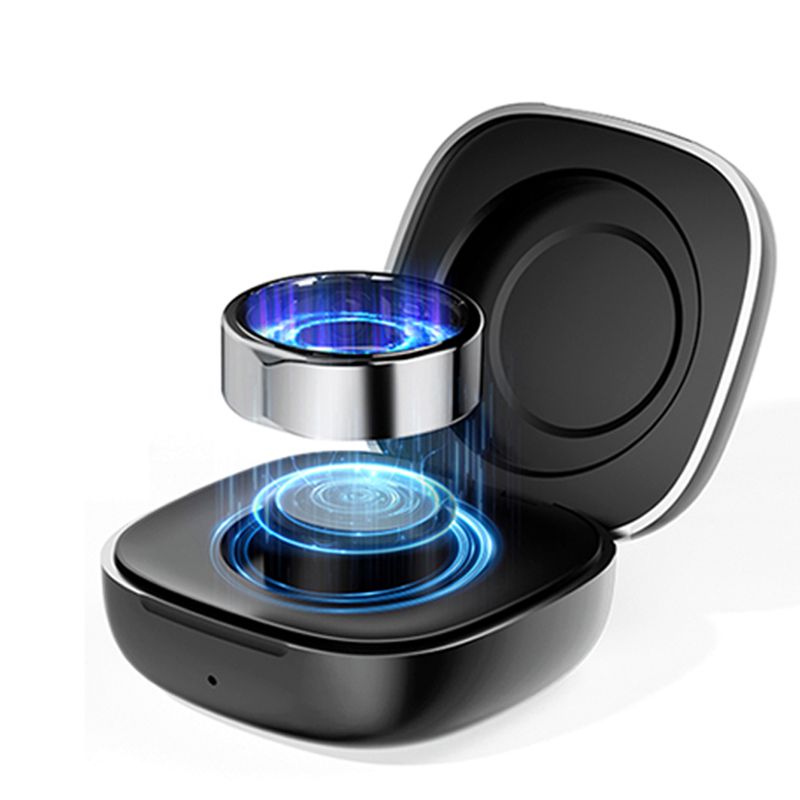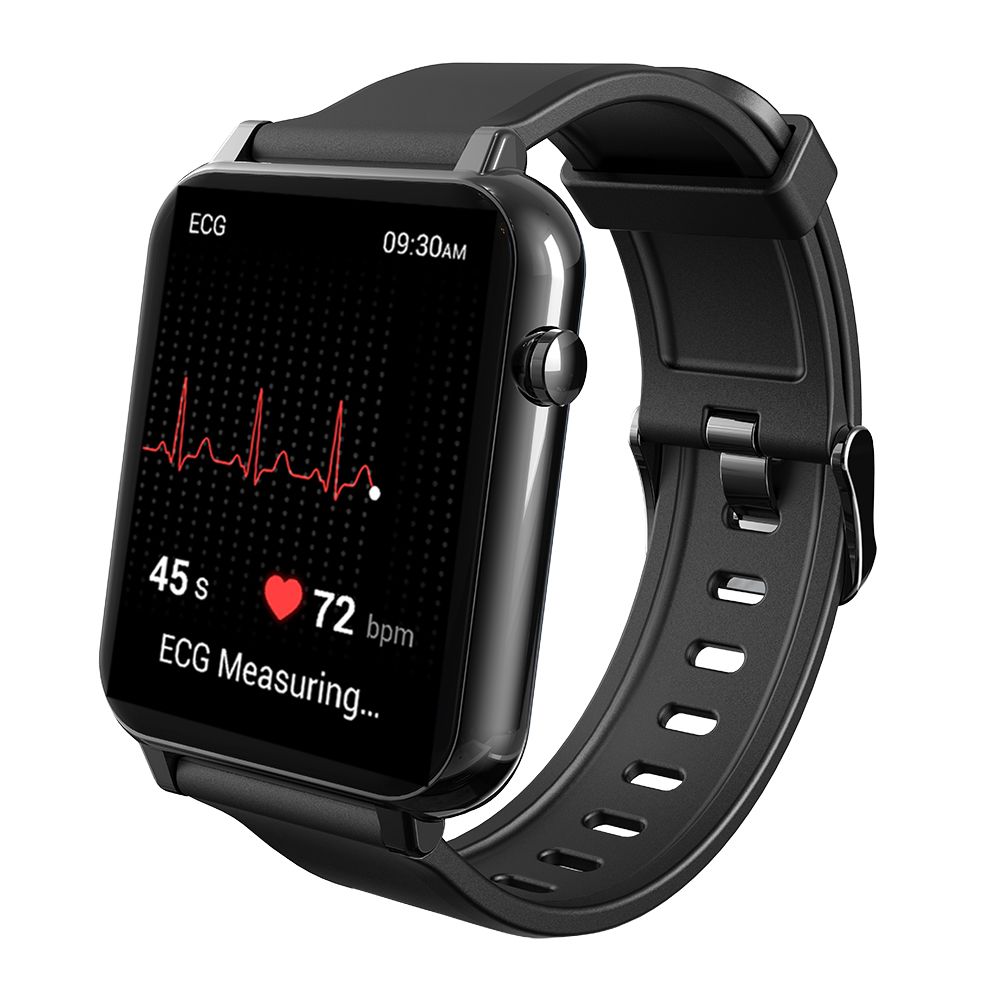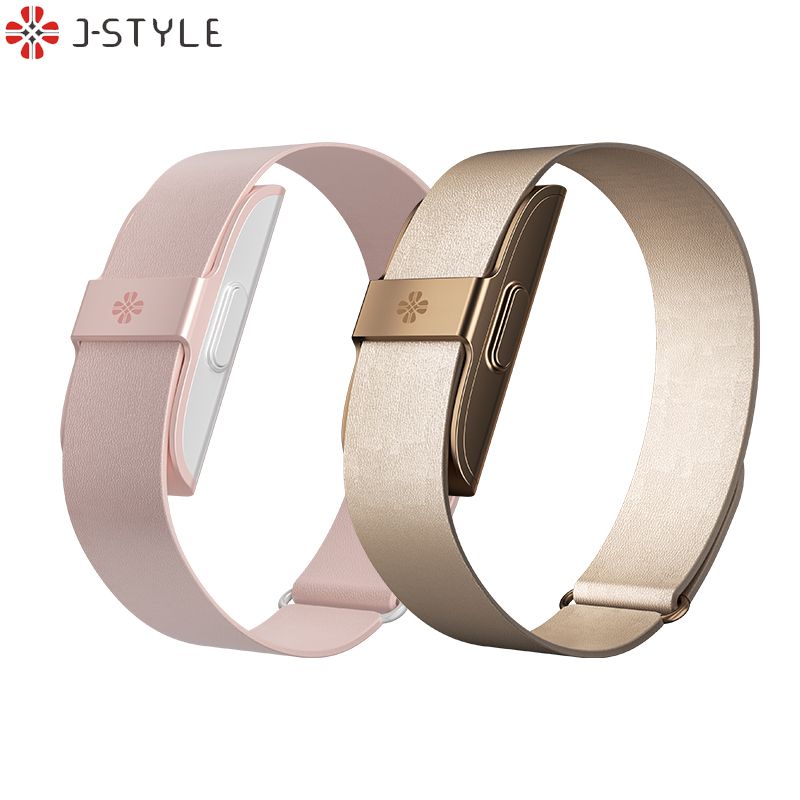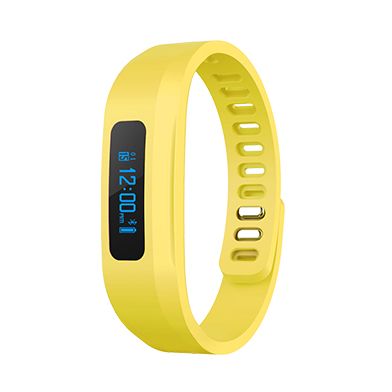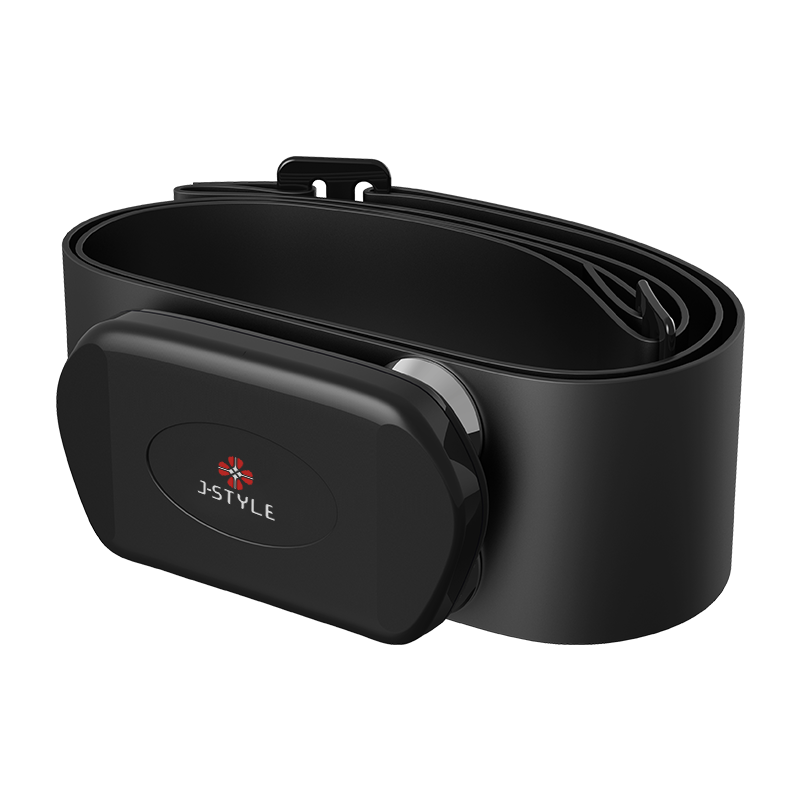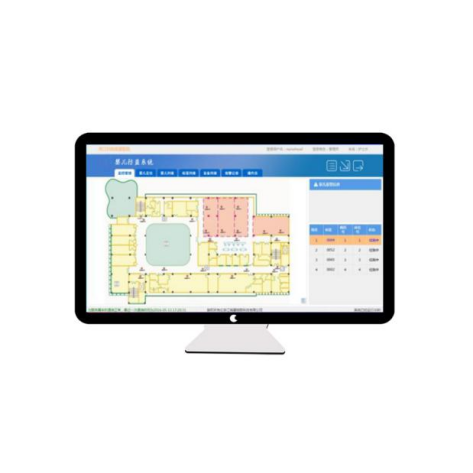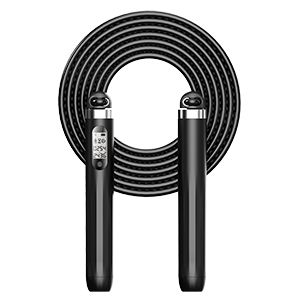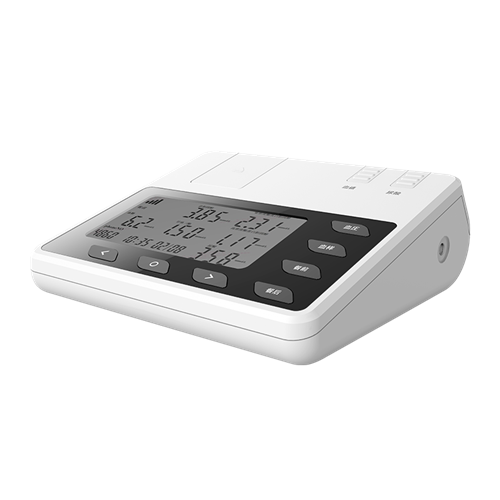How Smart Rings Are Changing the Game in Healthcare
From continuous blood pressure monitoring to drug efficacy tracking: How smart rings are changing the game in healthcare? Innovative smart rings seamlessly integrate the practicality of wearable devices with state-of-the-art sensors and algorithms, presenting a captivating blend of style and functionality. Crafted to assist individuals in monitoring their health and fitness parameters, staying interconnected with their surroundings, and facilitating contactless payments sans the reliance on a smartphone or credit card, these compact and chic rings are making waves in the tech realm.
However, the potential applications of smart rings extend far beyond these fundamental features. Indeed, among the most auspicious prospects lies their role in proactively addressing cardiac disease, a pervasive global health concern and a leading cause of mortality.
Cardiac disease is a multifaceted and intricate condition influenced by various factors such as high blood pressure, obesity, and inadequate diet and exercise practices. Among the significant risk factors contributing to cardiac disease, hypertension, or high blood pressure, stands out as particularly crucial. The repercussions of hypertension extend to the detriment of blood vessels and organs across the body, including the heart, amplifying the susceptibility to severe health complications like heart attacks, strokes, and other grave issues.
Historically, blood pressure assessment relied on a cuff encircling the upper arm, inflated to discern variations in arterial pressure. Although this method is dependable and prevalent in clinical environments, its discomfort and impracticality become evident during frequent or continuous monitoring.
Enter smart rings, introducing a novel approach. Utilizing sensors and algorithms, these rings directly measure blood pressure from the finger, providing a more comfortable and convenient means of monitoring throughout the day. This innovation proves particularly beneficial for individuals dealing with hypertension or other cardiovascular conditions, enabling them to closely track blood pressure and make informed decisions regarding their health.
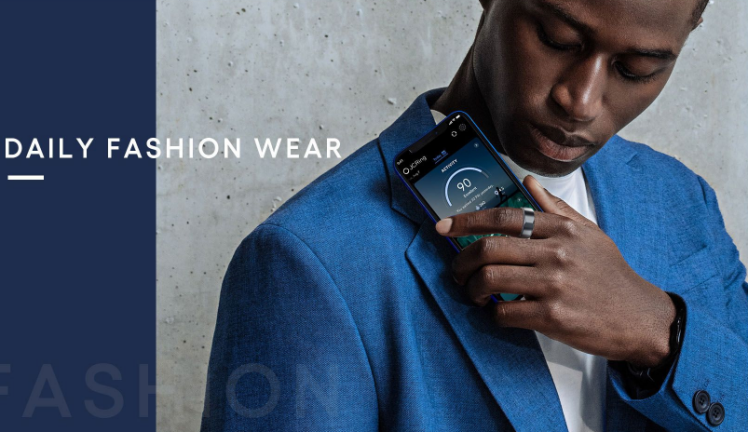
However, blood pressure monitoring is just one facet of how smart rings contribute to preventing cardiac disease. Additional pivotal features and capabilities of smart rings that prove beneficial in this regard include:
Heart rate monitoring:
Throughout the day, smart rings can diligently track heart rate, offering valuable insights into fluctuations in fitness levels and identifying irregularities that may necessitate medical attention.
Sleep tracking:
Smart rings are adept at monitoring sleep patterns and quality, crucial elements in overall cardiovascular health.
Activity tracking:
By continuously monitoring activity levels throughout the day, smart rings provide valuable insights into exercise habits and energy expenditure.
Stress monitoring:
Certain smart rings are designed to assess stress levels throughout the day, recognizing the significance of stress in maintaining optimal cardiac health.
Impact on healthcare
Drug Efficacy:
The advent of smart rings holds the promise of transforming healthcare by offering a more convenient and efficient means of monitoring the efficacy of drugs for blood pressure management. Unlike traditional methods that require patients to visit healthcare providers for periodic blood pressure checks and medication adjustments, smart rings enable continuous monitoring. This real-time tracking empowers patients to manage their condition more effectively, providing immediate insights into the effects of medication and facilitating proactive adjustments.
Enhance Surgical Results:
Continuous blood pressure monitoring through smart rings contributes to identifying potential risks in patients slated for surgery. Individuals with elevated blood pressure face increased susceptibility to complications during surgical procedures. Consistent blood pressure monitoring before and after surgery enables healthcare providers to pinpoint and address these risks effectively. Smart rings offer real-time blood pressure data, promptly alerting healthcare professionals to any fluctuations. This proactive monitoring allows for timely intervention, potentially mitigating the risk of complications and enhancing overall surgical outcomes.
Beyond blood pressure monitoring, smart rings extend their capabilities to track various health metrics crucial for influencing surgical outcomes. For instance, they can monitor heart rate, a vital indicator of cardiovascular health that significantly impacts a patient's surgical tolerance. Additionally, the ability to track activity levels offers insights into a patient's physical fitness, aiding in the assessment of their preparedness for surgery.
Post-surgery, smart rings play a vital role in monitoring patients, ensuring stable blood pressure, and tracking other vital signs during the recovery phase. This is particularly valuable for high-risk patients or those with pre-existing conditions that might impact their recovery. Continuous tracking of essential health metrics empowers both patients and healthcare providers with valuable data, informing decisions about medication adjustments, lifestyle modifications, and other interventions that can enhance overall recovery outcomes.
Final words
Overall, smart rings represent a promising new technology for preventing cardiac disease and promoting overall cardiovascular health. By leveraging advanced sensors and algorithms, smart rings offer a more convenient and comfortable way to monitor key health metrics like blood pressure, heart rate, and sleep patterns. As the technology continues to evolve, we can expect to see even more innovative applications for smart rings in the prevention and treatment of cardiac disease.

